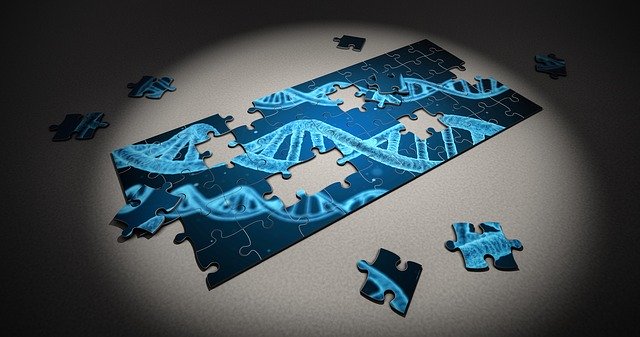
Ever since 1994, when the U.S. DNA Identification Act was signed into law, cops around the country have been collecting DNA samples and entering them into databases. There, they accumulate slowly – an enormous and ever-growing tree of genetic material to source leads from. That means that the idea of a pool of DNA for cops to draw from isn’t new by any means. But there’s a difference between a database comprised of DNA samples taken from known felons and crime scenes, and DNA samples submitted by the unwitting public in their endless quest for self-discovery. Despite that, people all over Michigan are freely handing over their DNA samples without understanding all of the ramifications of their actions.
Discovering who you are may come at a price…
Tracing our roots and discovering our family histories has become something of a national pastime here in Michigan. Blithely we send away for DNA tests and upload the results to online databases, spending huge amounts of time and money trying to discover where our ancestors came from, and who that makes us. Although a growing number of people are discovering that what it makes us is convicted criminals, or related to convicted criminals. For some, that’s old news, like discovering you’re related to a slave trader. But for others, the discovery is much more recent, as in: ‘pending’
The cops use genealogy databases to access DNA!
For many people, the idea that law enforcement has access to their DNA doesn’t mean much. After all, if they haven’t committed any crimes and they have nothing to hide, who cares, right? Perhaps nothing. But what about your privacy? And more importantly, what about the margin of error. Having access to your DNA means it can be compared to other DNA profiles that have been worked up in forensic labs around the country. The problem lies in the fact that those profiles might be incorrect. Because people make mistakes, and the people working in those law enforcement labs are people. Which means they’re not infallible. So whether you’re in Grand Rapids, Grand Blanc, Grand Traverse or Grand Ledge, be careful!
Your DNA at a crime scene doesn’t mean you’re guilty!
There are loads of reasons why a person’s DNA might be found at a crime scene that has nothing to do with them having committed a crime! After all, think of all the places you go in the average week – the homes of friends and family members, your job, restaurants, stores, banks, drug store, the list goes on and on. You probably leave traces of DNA in each of those locations, but that doesn’t mean you were committing a crime, or that you didn’t have a legitimate reason to be there. More and more people are wondering if it’s a good idea to provide free DNA samples to the cops, only to have innocent people falsely accused or questioned during a criminal investigation.
You need to be sure that your rights and your DNA are protected!
Join us next time for a look at some cases that were solved using genealogy results, and some cases where DNA only confused the investigation. Until then, if you or a loved one have been charged with a serious crime in Lansing, Adrian, Jackson or Berrien County, and you need help from a top-ranked skilled criminal defense attorney, call The Kronzek Firm today at 866 766 5245 (866 7NoJail). We’re available 24 hours a day, 7 days a week, including weekends and holidays for consultation and crisis intervention. We’ve been fighting for our clients all over the lower peninsula of Michigan since the last century. We can help you too.







